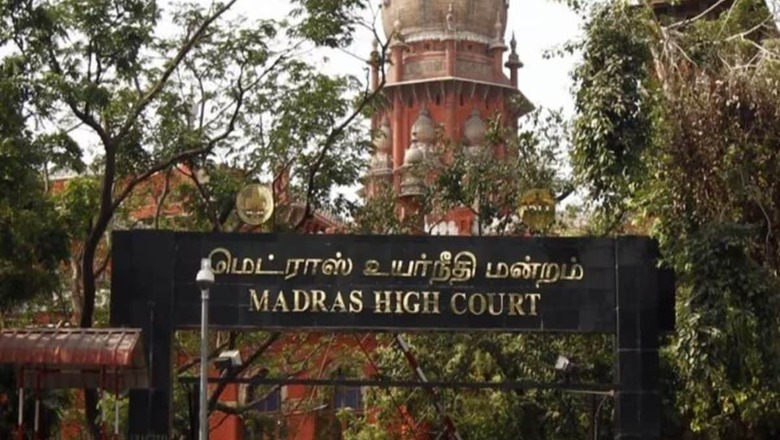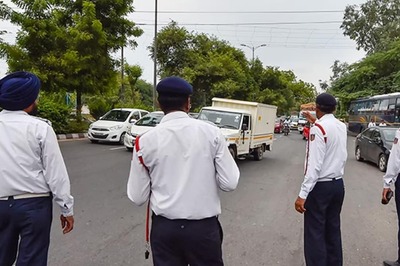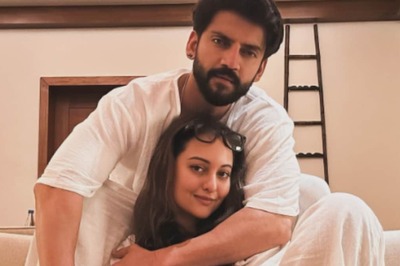
views
While refusing to quash the criminal proceedings against Tamil Nadu BJP president K Annamalai for his alleged statements against a Christian missionary NGO, the Madras High Court this week made stern remarks on the matter.
Justice N Anand Venkatesh, while highlighting the free translation of the statement made by Annamalai in an interview on YouTube channel ‘Pesu Thamizha Pesu’, held, “Prima facie, the statements disclose a divisive intent on the part of the petitioner to project as if a Christian NGO is acting against Hindu culture.”
Further, stressing that Annamalai is a former senior IPS officer and is expected to know the laws of the land, Justice Venkatesh wrote, “…it is unmistakable that he was attempting to portray a calculated attempt made by a Christian Missionary NGO which is funded internationally, to destroy Hindu culture. It also whips up a communal fervor…The public was, therefore, led to believe that Christians are out to finish off Hindus.”
The judge remarked that “a petition filed in the interests of the environment was suddenly converted into a vehicle for communal tension”.
Annamalai approached the high court to quash a case lodged against him under Sections 153A and 505(1)(b) of the Indian Penal Code on the complaint given by environmental activist V Piyush of Salem.
In his complaint, Piyush had alleged that Annamalai made a false claim during an interview on October 22, 2022, just two days before Diwali that year, that it was a Christian missionary NGO that had first filed a case before the Supreme Court seeking a ban on the bursting of crackers during the festival.
V Piyush stated that it was actually a senior lawyer’s minor son who had filed the first case in the Supreme Court against the bursting of crackers. Therefore, he alleged that Annamalai made the false claim to deliberately fan communal hatred against Christians.
Seeking relief, Annamalai’s counsel argued before the high court that the statements made by him could not be construed as hate speech. At best, it could only be taken as a cry in anguish, he contended.
The counsel asserted that despite the complaint against Annamalai being lodged 400 days after the interview, there was no negative impact or disturbance to the prevailing social harmony during that time.
However, Justice Venkatesh refuted the argument and while referring to the top court’s decision in the case of Pravasi Bhalai Sangathan said that “the Apex Court made it very clear that every such hate speech need not immediately result in violence or disturbance to public order”.
“The Apex Court warned that such statements can act like a ticking bomb, which will wait to burst at the appropriate point of time by creating violence and in the most extreme cases, even to genocide,” he stressed.
While adding that “these observations are more relevant in this social media era”, he said that “this case was another reminder to those who are in positions of power and influence and whose words and deeds have a wider reach and impact on the citizenry of the country”.
Therefore, while holding that “the non-physical impact of the statements made will also come within the scope of Section 153A of the IPC” and “Sections 153A and 505 of the IPC are analogous to each other”, Justice Venkatesh opined that a “prima facie” case was made out against Annamalai.
“The observations made in this order will not preclude the petitioner from raising all the grounds before the Court below and the same will be considered by the Court below on their own merits and in accordance with law,” the judge, however, clarified.



















Comments
0 comment